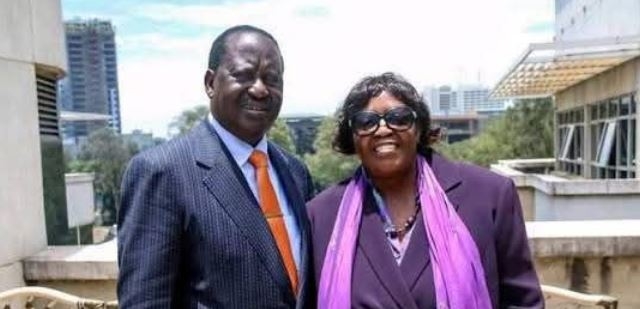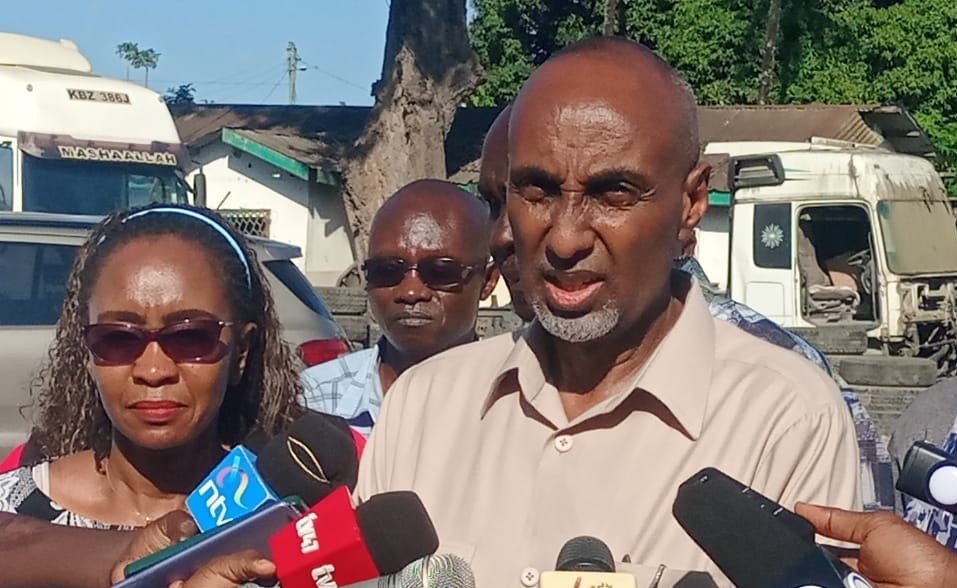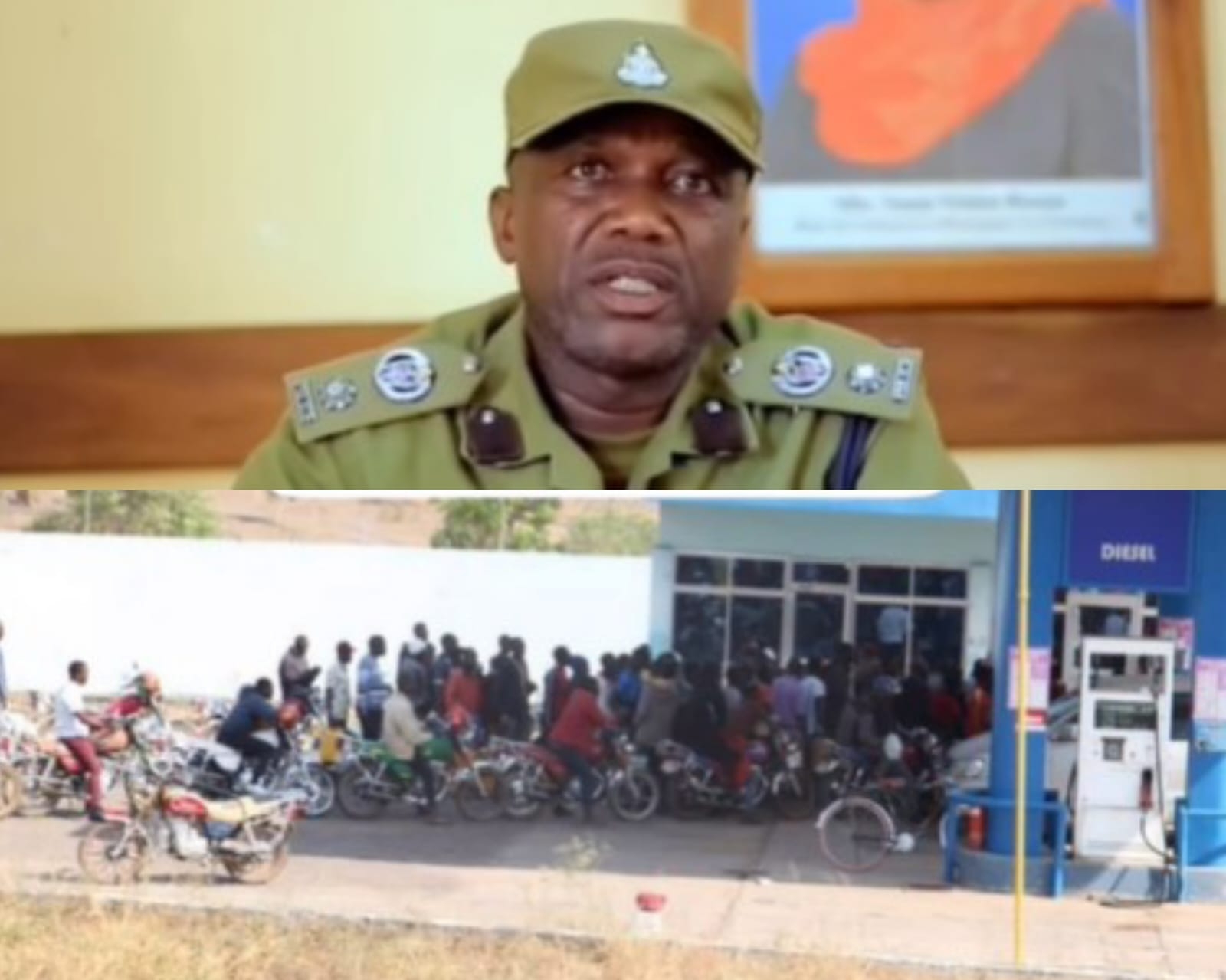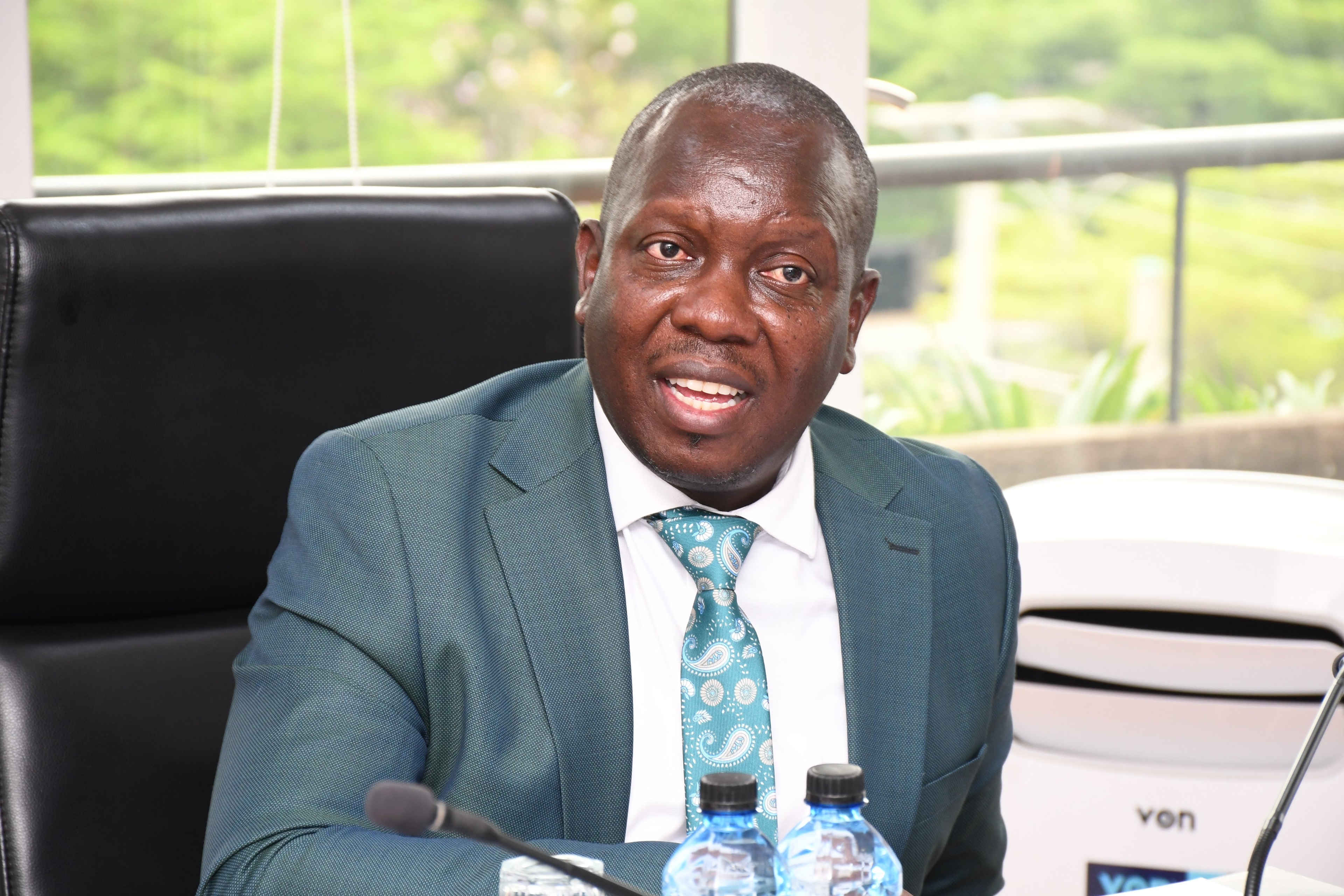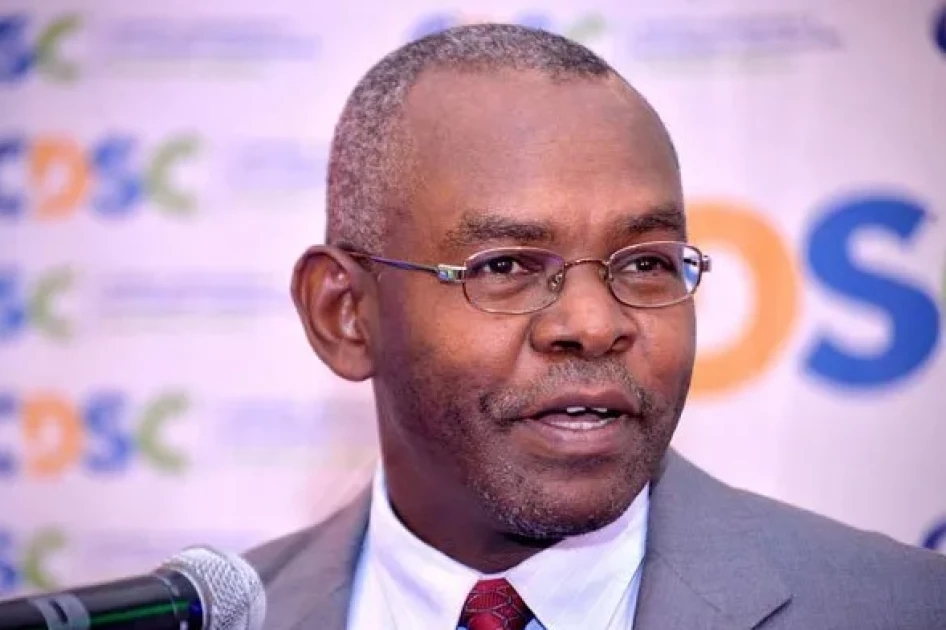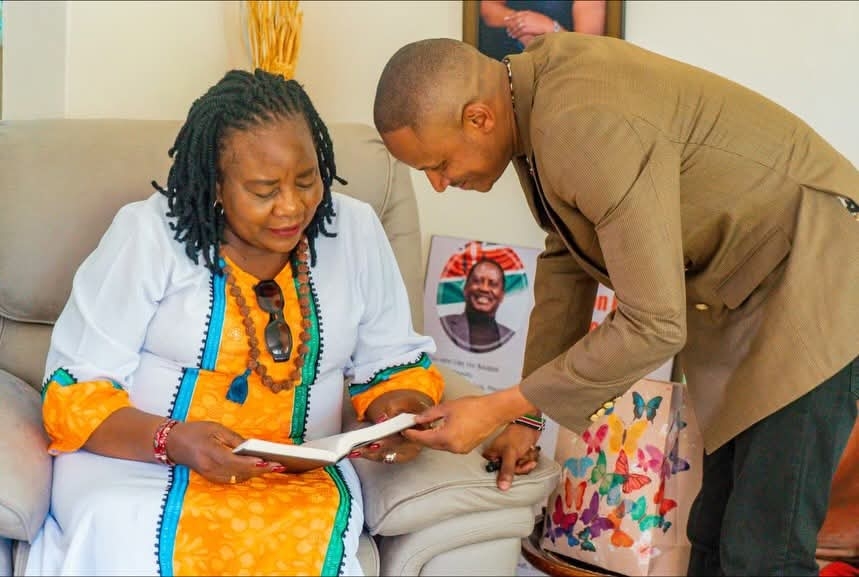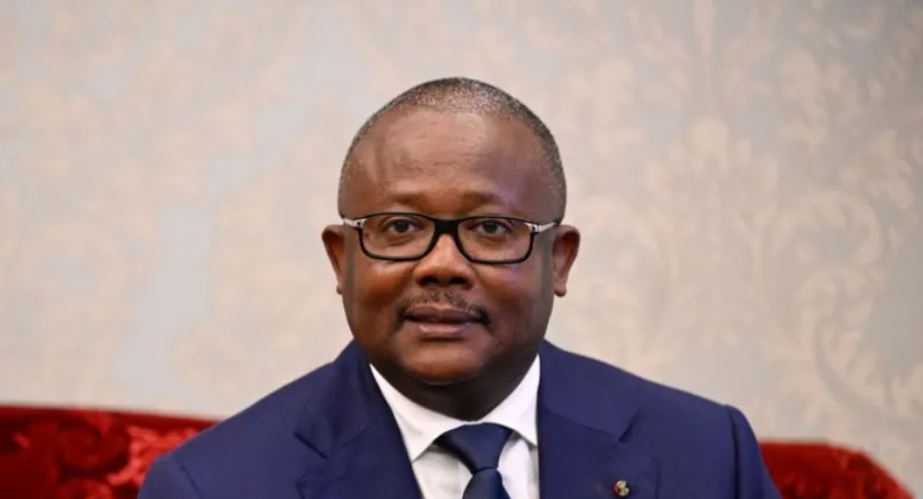Interior Cabinet Secretary nominee Kithure Kindiki on Tuesday promised a departure from the tenure of his famously abrasive predecessor Fred Matiang'i.
The former Tharaka Nithi senator, who is among the 22 Cabinet picks by President William Ruto, said he would be more of a facilitative minister.
“I will be a helpful and facilitative minister,” Prof Kindiki told the Public Appointments committee of the National Assembly that was vetting him.
He made the remarks after MPs said the exiting team had challenges with maintaining cordial relations with key stakeholders, including Parliament.
Lawmakers also asked how he intends to deal differently with menaces including cattle rustling, and drug abuse, without committing extrajudicial killings.
He said there would be no extrajudicial killings.
During the campaigns, President Uhuru Kenyatta’s team was also accused of using the national government administration to stifle dissenting views, and disrupt political activities.
Prof Kindiki said the current administration would be keen on professionalising the civil service, especially those whose roles relate to security.
He said that during his tenure, there would be no unlawful killings, and no abuse of human rights, “but we will do to criminals what should be done to them".
For starters, the Interior CS nominee said the new administration would work on ways to facilitate village elders and allocate them some allowances for the "crucial task they perform". That includes keeping order and sharing information.
“They make modest requests of as little as Sh1,000 a week. We can cut down on non-core expenditure to appreciate this critical cadre,” he said.
Kindiki said they would run the security apparatus from the police station level, in line with the ‘bottom-up’ spirit.
“My vision is to transform NGAO from a structure that is vulnerable to misuse by politicians and leaders to one that increasingly is allowed to exercise its mandate,” Prof Kindiki said.
He explained that the officers would strictly sensitise the public on government programmes, mobilise the public on important national issues and be agents of government service delivery.
Prof Kindiki at the same time said he would be keen on “trying to improve the relationship between the police service and the citizens".
He argued that trust deficits are beyond the control of the police themselves and could be a result of poor terms and conditions of service.
“I want to use the police station as the service delivery point and work from there upwards, rather than relying on top commanders to understand the type of environment officers operate in,” he said.
Prof Kindiki also pledged to end cattle rustling in the North Rift, asking leaders from the area to support security operations.
“Allow us to do what should happen to criminals. I am instructed to ensure banditry is resolved, even if it means coming to live in the North Rift, not for weeks, but staying there until the problem is resolved,” he said.
“I will make sure we deal with banditry once and for all in the North Rift. I will not be sharing operational issues but we have a challenge of lack of operational capacity. We will request facilitation to improve the response.”
If approved, the Interior CS nominee said his team would employ community policing as well as the Nyumba Kumi model.
“We will also invoke the law — the Constitution and NPSC Act to energise the community policing programme to avoid over reliance on soldiers, sometimes who don’t understand the terrain,” Prof Kindiki said.
He said the community will help track the criminals and that his team would follow the law to the letter.
“We will speak less. We will follow the law, respect the Constitution and all international human rights and treaties but we will still do the job,” Prof Kindiki said.
(Edited by V. Graham)



